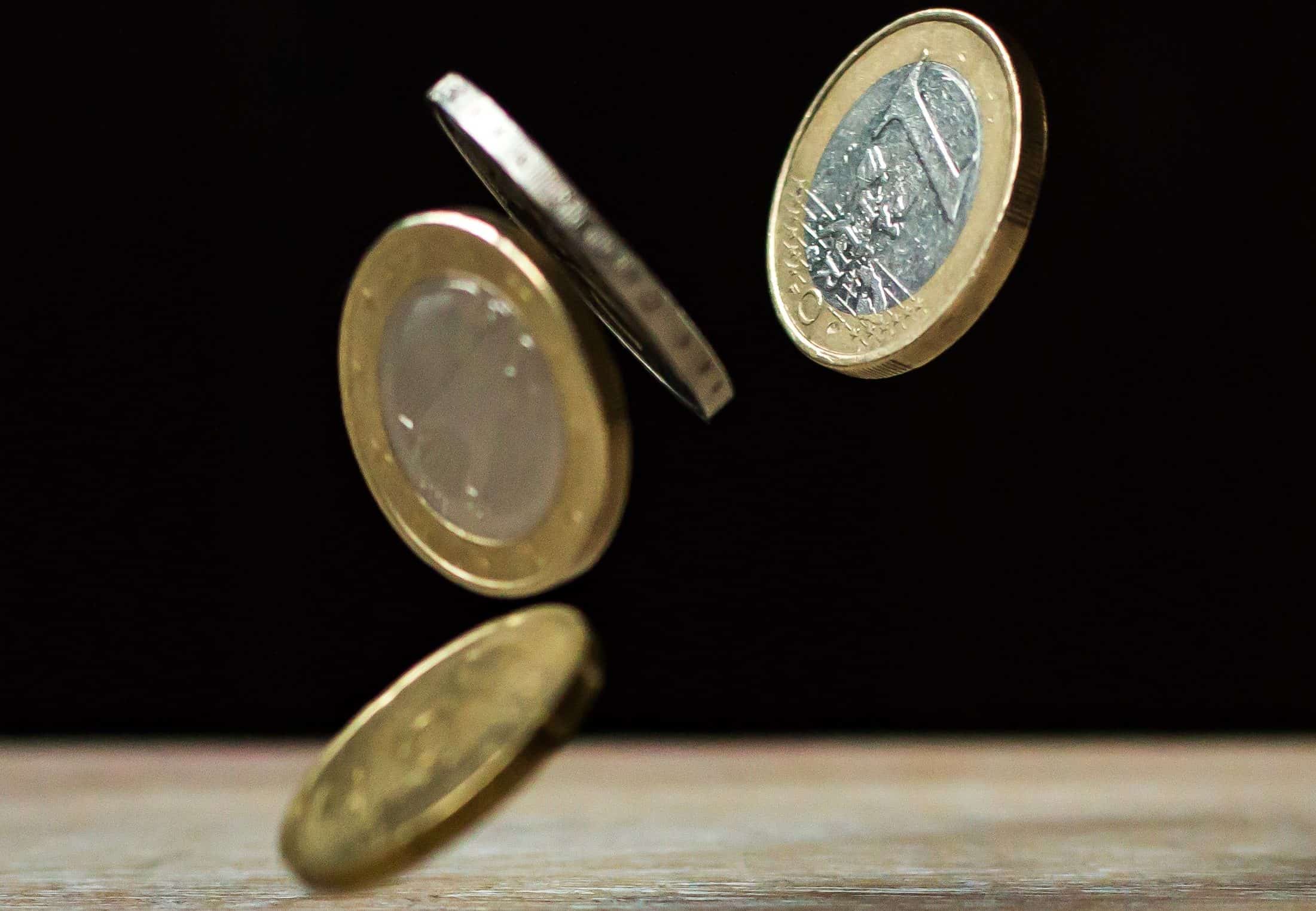Marc Coleman, founder of Octavian Public Affairs, discusses the first initiative taken by the new government to revive our economy
A €5.2 billion plan announced on Thursday marks the first initiative by the new government to revive our economy, and it marks something else: A shift away from a narrative of raising taxes (prevailed last year) to cutting taxes.
Hopefully this will add to the modest momentum of recovery in retail sales, consumer confidence and business re-openings in the past two months. The numbers on the Temporary Wage Subsidy Scheme and Pandemic Unemployment Payment were already falling. The new stimulus will extend these supports but taper them off in expectation of continued recovery.
In ‘An Economic Response to Covid-19,’ which accelerated analysis and strategic direction and emphasised the need for a small business focus, multinational–small business collaboration and above all, prompt action through a July stimulus. It called for an overall investment of €16 billion, split between the July stimulus and an October housing focused budget. That that stimulus has now happened is a very significant step forward.
SIZE OF JULY STIMULUS RECOMMENDED IN APRIL 7th OCTAVIAN STRATEGY: €8 BILLION
SIZE OF STIMULUS ANNOUNCED BY GOVERNMENT ON 23rd JULY: €5.2 BILLION
The magnitude – some €5.2 billion – is lower than it might have been, but it is well ahead of commitments to business made in March and April last. The main issues are the design.
The main feature – an extension of the Temporary Wage Subsidy scheme albeit it at a lower level – is, together with redesign of the Pandemic Unemployment Payment, designed to align supports across the expected schedule of recovery, with the worst of the recession ending early next year before recovery begins.
Business and employment support
- A credit guarantee scheme on lower business rates of 3 to 4 per cent
- A doubling of the business restart grant from €10,000 to €20,000 and its extension to sole traders and the self employed
- A new German style “Kurzarbeit” wage support for workers temporarily on short time working (our previous briefings advocating learning from German policy)
- A waiver on commercial rates until end September
- Restructuring the Temporary Wage Subsidy Scheme to make it longer-term
- The extension of the Pandemic Unemployment Payment until April
- The creation of tens of thousands of places on back to work schemes
- Increases and extensions (to self-employed) of coverage of the Restart grant
Taxation
- A warehousing of PAYE and VAT bills without interest penalties
- A reduction in the VAT rate from 23% to 21% for a six month period.
- A tax refund of up to €125 for staycation expenditure of €600 until end April
Public Investment
- Investment in cycling and walking infrastructure and town centre
- Investment in state companies
- A minor works scheme for small schools related to public health / Covid-19
- An increase in the first time buyers grant from €20,000 to €30,000 maximimum.
Compared to demands from small business representative bodies such as SME Recovery (incorporating ISME, Retail Excellence and the Restaurants Association of Ireland), the stimulus package unveiled today will fall short of what they had hoped for. SME Recovery called for a business reactivation funding scheme to provide working capital to businesses, a system of unsecured loans (up to €500,000 with no repayments up to 12 months and interest only repayments for a further 12 months), cost flexing (enabling small business to pass on demand reduction to overheads) and prioritising SMEs in public procurement (e.g. additional HSE spending).
To stimulate demand it also urged a range of measures to stimulate demand such as zero VAT rate, waiving PRSI during the crisis, reducing the top rate of income tax and consideration towards reducing rates of Capital Gains Tax and temporarily reducing corporation tax.
It also noted – by Ibec and other commentators – that the size of Ireland’s intervention as of April was much shorter than countries such as New Zealand and Germany. Together with the Central Bank of Ireland, these groups called for an overall package of €15 billion in the economy, similar to the €16 billion amount (but with varying design and focus) advocated in ‘An Economic Response to Covid-19.’
But Politics is the art of the possible. This stimulus is far from perfect. The resignation of high profile Green politician Saoirse McHugh from the party this week and the fact that the Green Party was counting the result of a leadership election on the same day as the stimulus announcement reveals how difficult the process of agreeing a stimulus package has been: A proposal to cut Capital Gains Tax was, for instance, scuppered at the last minute due to Green objections. The bureaucracy attached to the staycation tax allowance, for instance, reveals a real problem with a lack of understanding of how economic incentives and business work in practice for those in the private sector.
But in 4 short weeks of the new government’s existence, the stimulus goes a long way to closing a huge gap that existed in April. October’s budget will hopefully narrow the gap further. And there is now more time, and fewer distractions, to get the balance right.






